The Master of Public Policy (M.P.P.) degree program is designed to provide professional training in public policy for those seeking careers in the design, adoption, implementation, and evaluation of public policies. The professional careers students should be prepared for include the full range of careers for which public policy expertise would be valued, including:
- National, State, and Local Government Agencies
- Think Tanks and Consulting Firms
- Non-profit Organizations
- Lobby Firms
- Private Sector Organizations Engaged in Public Affairs Representation
Curriculum
Penn State’s MPP degree provides students with substantive knowledge of the policy process and training in quantitative policy analysis and evaluation through the core curriculum, applied capstone experience, internships, and career placement. The program has three key focuses:
Policy analysis: The core curriculum focuses on substantive knowledge of the policy process and training in quantitative policy analysis and evaluation with faculty whose expertise lies in the design, adoption, implementation, and evaluation of public policies.
Policy experience: Students gain hands-on experience during the internships and capstone experience. In addition to providing on-the-job training, these projects often lead to future employment opportunities and career connections.
Leadership training: The School of Public Policy’s professional development programs and curriculum provide students with access to the requisite skills and knowledge for career success, attain an understanding of complex organizational settings, and boost students’ confidence to apply those skills essential for future success. Activities and experiences connect students with policy leaders, alumni, and faculty.
Students may select an existing policy specialization or work with faculty to design a specialization to meet their career goals. MPP students have designed personalized specializations such as extremism and conflict, international policy and data science, and bureaucracy and governance.
Example Plan of Study
PPOL 503: Statistics for Public Policy 1
PPOL 801: The Public Policy Process
PPOL 802: Economic Analysis for Public Policy
PPOL 804: Public Sector Organization Theory OR
PPOL 805: Bureaucracy and the Policy Process OR
PPOL 807: Managing Public Organizations
PPOL 506: Statistics for Public Policy 2
PPOL 808: Public Finance and Budgeting
PPOL 809: Public Policy Analysis
PPOL Elective OR Policy Specialization Elective 1
PPOL 895: Public Policy Internship [1]
PPOL 810: Policy and Program Evaluation
PPOL Elective OR Policy Specialization Elective 1 [2]
Policy Specialization Elective 2 [2]
[1] All courses, including the capstone/thesis project, are 3 credits with the exception of the summer public policy internship (1 credit). The MPP program as a whole is 43 credit hours (42 credits for working professionals who may be exempt from the internship requirement).
[2] Students are required to take four policy specialization courses. Generally, these will be drawn from other programs on campus. However, MPP faculty may also teach courses on substantive public policy issues or methods of policy analysis as PPOL 897: Special Topics in Public Policy.
Email publicpolicy@psu.edu with specific questions regarding curriculum. You can find general descriptions of courses in the University Graduate Course Bulletin.
Program Goals
- To recruit and train a diverse student body capable of filling the need for policy professionals and managers in the public and nonprofit sectors within the Commonwealth, nationally, and globally.
- To provide an interdisciplinary curriculum that leverages our Liberal Arts orientation and reflects the expertise of our disciplinary strengths and the applied policy experience of our faculty.
- To produce ethical, public-service motivated graduates who can effectively serve in government and nonprofit organizations.
- To ensure that all students gain valuable experience in public service through quality internships, client-driven capstones, and professional development activities.
- To offer students a global perspective on policy problems by providing international learning opportunities, incorporating global examples in classes, and actively recruiting international students.
Program Skills
- Communication
- Data Analytics
- Policy Analysis
- Problem Solving
- Project and Research Design
- Project Management
- Teamwork
